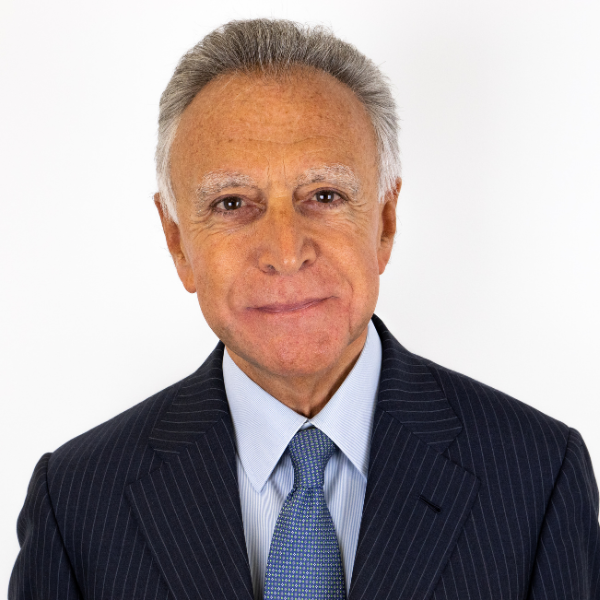The last date available to enrol on the MSc in Human Nutrition Sciences at UniCamillus is 19th September. In order to find out more about this programme, which aims to train future professionals with advanced methodological and technical knowledge in the field of nutrition, we interviewed Prof. Salvatore M. Corsello, the Head of the Master’s programme.
What are the educational strengths of the MSc in Human Nutrition Sciences that allow students to acquire the necessary skills for a qualified scientific and professional education?
“Among the strengths of the MSc in Human Nutrition Sciences, there is a balanced integration of in-person lectures, live interactive lectures conducted remotely, and recorded lectures available online. The first two modalities enable direct teacher-student interaction and a productive relationship. The recorded lectures are produced using the most modern recording techniques and include videos and slides that are easily understandable. The choice of short teaching slots (10-15 minutes) facilitates learning, even for working students and have personalised study schedules. Additionally, students are provided with extensive and up-to-date supplementary educational material that is simple and engaging. The programme is taught by the most qualified tutors in their discipline, many of whom have years of experience and are very passionate about teaching”.
The overall satisfaction rate among graduates is high (with an average rating above 8 out of 10). What is the feedback you receive from students?
“The high satisfaction rate among students who attended the MSc in Human Nutrition Sciences makes us very proud and represents reassuring confirmation of the appreciation for our educational commitment. The programme’s ability to provide broad preparation applicable to various fields, both in the corporate and healthcare sectors, is definitely appreciated by students”.
In which sectors do you believe the knowledge acquired through a degree in Human Nutrition Sciences from UniCamillus can be most valued?
“As I have said, the degree obtained on completion of the MSc programme allows working in various areas, including healthcare, corporate, industrial, and regulatory, both in the public and private sectors. Furthermore, it should not be underestimated that different aspects of human nutrition and food are now central to the overall goal of health. Overweight, obesity, underweight, minor and major eating disorders and their metabolic consequences are on the rise. This highlights the essential role of professionals in human nutrition, whose expertise is highly applicable in the private practice, often working in collaboration with other professionals”.
Are there any innovations planned for the upcoming academic year (2023/2024)? What message would you like to give to those who choose this field of study?
“Yes, the programme is continuously being improved and refined based on the feedback and experience we get. In the next academic year there will be a predetermined number of admissions to ensure an optimal teacher-student ratio. Compared to the past, there will be an increase in the percentage of in-person lectures while maintaining the goal of easy accessibility to materials and lectures for working students. Finally, exams will be held in only one location ‒ Rome ‒ ensuring greater simplification and uniformity in assessments.
I would like to invite future students to study with calm, dedication, and enthusiasm. Our goal remains to provide the best possible education to them, focusing on practicality and comprehensibility in our teaching approach”.

